The intriguing Book of Zimbabwe – Part 1, Setting the Stage
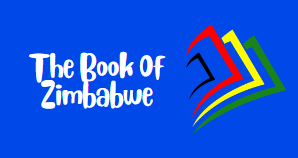
Zimbabwe is at an inflection point. The economy has been in meltdown for years, inflation is unforgiving, unemployment, especially among the youth, is very high, and for those lucky enough to have jobs, salaries and disposable incomes are low. In fact, most recently, the World Bank published inflation data which showed that Zimbabwe had the highest food inflation in the world, 321%, as at November 2022. Political discord in the Southern African country continues to increase, and with the proliferation of social media, polarisation among the electorate seems to be taking root, setting the stage for another heated election campaign cycle.
Elections looming later-on in 2023 will possibly be the most hotly contested in the four decades since the country gained its independence from colonial Britain. Yes, there have been other close and troubled elections before, particularly in 2008 and 2018. It is quite fair to say Zimbabweans have been in election mode for more than 20 years now, since the formation of the first well organised opposition political party. Election heat in this nation primarily comes from ideological differences as well as what we can call selfish ambitions of political elites. This next election places a lot at stake for the immediate future of this country, and one reason this election will be different is that it can realistically lead to a first ever change of government since independence, or it can anchor the ruling ZANU-PF in place for at least another term. If that happens, then the chances of further terms for the ruling party increase exponentially. This is because term limits provided for in the 2013 Constitution could mean that in the 2028 election season, there may well be a new ruling party candidate, likely enjoying tacit backing from the military, and with ambitions to take over as both party and state President. Of course, the chances of a variation to this scenario should not be dismissed because with a Parliamentary majority, ZANU PF has the power to amend the country’s supreme law if it so wishes.
Register to Vote Zimbabwe
However, the ground swelling from the opposition is unmistakable. The opposition has previously pulled massive crowds at rallies, even with legal obstacles frequently thrown in their way that have blocked some of their outreach campaigns and gatherings. Whilst these legal provisions are not insurmountable, the opposition often uses them to court public and international sympathy, and usually to the detriment of their supporters. Youthful first-time voters who outnumber the older generation by far, appear to be leaning towards support for the main opposition. The opposition has taken advantage of this mood to run a new voter registration campaign. The hashtag #RegisterToVoteZW is a leading trend on popular social media platforms such as Twitter and Facebook. This does not bode well for the ruling party which has its voter base largely drawn from the smaller demographic of older voters. Given the foregoing, resistance from the danger sensing ruling party is at a high, but this is not to say the election is not winnable for ZANU PF, it remains anybody’s game, and here is why. An important deciding factor for the next plebiscite will remain the actual level of participation of the youth. Unfortunately for the opposition, youth voter registration numbers have not reflected as much interest in actually taking part in the vote as might otherwise seem apparent from social media chatter. A prominent local journalist who openly sides with the leading opposition party has repeatedly raised this point and has decried lack of leadership in the voter registration drive. Aside from the trending hashtag, not much activity is seen on the ground, many communal areas are unreached and yet, Zimbabwe’s population largely resides in rural areas. This could quite easily be the undoing of the opposition.
It’s who counts the votes
Multiple competing interests in this election are evident in the amount of pressure being placed on the election mechanism including extensive scrutiny of the electoral authority, ZEC, and its pivotal voters roll as well as its constituency delimitation exercise which we must necessarily discuss in more detail in later instalments. The Zimbabwe Electoral Commission (ZEC) is a constitutional body created to independently manage and administer the country’s election processes. It is often accused by opposition activists of being partial in its conduct in favour of the ruling party. Lately, one of its officials told a Parliamentary Portfolio Committee that there have been hundreds of unsuccessful hacking attempts aimed at its server infrastructure where the voters roll and election result tabulations are maintained. One private group of activists operating a hugely followed twitter handle, Team Pachedu, claims to have exposed weaknesses in the security of the data maintained on this server, including insinuations of overpriced services by associates of insiders at the Judicial Services Commission. However, to be fair, the purported evidence presented were merely quotations which may or may not have translated into actual paid invoices. Nevertheless, the analyses undertaken by Team Pachedu were intriguing both to the public and would surely have been of some interest to the targeted authorities themselves.
With regards to the alleged insiders, it is not clear whether these are current or former staff and it is also not clear whether the multiplicity of levelled allegations are true. However, remedial actions reported by the same group to have been undertaken by ZEC administrators after the allegations surfaced may point to some measure of credence in the issues being publicly raised. The group has also alleged that the independence of ZEC is compromised and that this goes against the spirit of the constitution as well as relevant enabling Acts. It has based this claim on what it says is server location data which in the group’s assessment suggests that the Commission faces outside influence in the performance of its duties. It is important to highlight that at the time of writing, none of the contentions have been tested nor proven at law, so all this information is speculative at best, but none-the-less of noteworthy interest to the public. For its part, speaking to the Parliamentary Portfolio Committee on Justice, Legal and Parliamentary Affairs, the ZEC’s Chief Elections Officer dismissed all the allegations as “malicious” and aimed at “undermining the integrity of the Commission.”
It’s the Presidency and nothing else
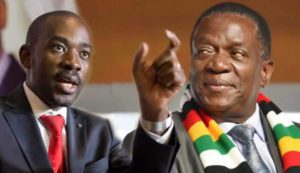
In every election since independence, the focus has always been on the office of the Head of State and or Government, whether that was the office of the Prime Minister as it was in the beginning or later on, that of the President, a position that is Constitutionally Executive and extremely powerful. In fact, one hardly hears much reportage on campaigns for the lower political offices except perhaps in the case of by-elections. Whilst the constitution allows any number of Presidential candidates to contest, experience in the country has always pitted the ruling party’s candidate against the leader from the main opposition in its various iterations which are the subject of a later chapter. Barring any unforeseen adverse events, we can reasonably expect the next vote to be a contest between the Zimbabwe African National Union Patriotic Front (ZANU PF) fronted by the current President of the Republic, Emmerson Mnangagwa and the Citizen’s Coalition for Change (CCC) led by Advocate Nelson Chamisa, the People’s President as his supporters popularly call him. The fierce rivalry between the two is of public record with neither one having tried to formally meet the other since the 2018 poll that handed President Mnangagwa the Presidential mandate for five years. Accusations and counter accusations of sabotage, infiltration and acting in bad faith are made so often that they no longer surprise the public. Allegations and denials of enforced disappearances, arbitrary arrests, interparty violence, beatings, torture, rape and even killings frequently make domestic as well as international headlines. With tensions so high, the idea that a meeting of minds could eventually be achieved seems entirely far-fetched, at least for the time being. Efforts to bring the two sides together through dialogue channels such as the Political Actors Dialogue (POLAD) have so far been unsuccessful. Rumors of back-channel contact between these political leaders have never been confirmed and certainly nothing of substance has materialised in the public domain, suggesting that indeed it was all just unconfirmed hearsay. POLAD and its envisioned reconciliatory and nation building roles will be discussed in greater detail as the story progresses.
The problem of sanctions
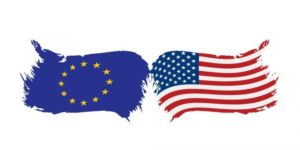
To add to the multifaceted troubles facing this small nation, several Western countries or groupings of Western aligned countries, maintain various forms of sanctions and other restrictive measures targeted at a small number of entities, ruling party officials and their perceived close associates. The sanctions, first imposed by the United States of America through the Zimbabwe Democracy and Economic Recovery Act of 2001 (ZDERA) were reportedly enacted at the instigation of local opposition, and were meant to compel the government to institute certain political and economic reforms. ZANU PF believes that the reforms, which are ostensibly partly meant to force an alignment of local laws with the Constitution, are not in the best interests of the majority of the indigenous population. As far as the ruling party is concerned, the war of liberation is not over, instead, it has simply changed form. For them, implementing the reforms demanded by ZDERA, would be akin to handing power to foreign interests through proxies of neo colonialists whose objectives are to erode the gains of the country’s hard-won independence, especially in the area of land reform. They have argued that the sanctions negatively affect the economy in that they deter foreign direct investment and impede certain types of trade transactions by increasing the country’s overall risk profile. The catastrophic economic failure resulting from the impact of sanctions, unevens the campaign field in favour of the opposition which they accuse of being Western backed. ZANU PF has so far managed to win the support of many African governments as well as that of countries like China, Russia, Belarus and even that of a United Nations Special Rapporteur on Sanctions, in calling for the unconditional lifting of these unilateral coercive measures. These countries commonly hold the position that sanctions hurt ordinary citizens far more than the targeted individuals and entities. On the other hand, the opposition has so far refused to condemn the sanctions. Compounding the challenge, certain persons aligned with the opposition have visited the United States to participate in Senate Hearings where they urged the United States and its allies to maintain their foreign policy stance on Zimbabwe. Their position is that since sanctions are targeted, it is corruption, which is prevalent, and resource mismanagement, which is evident, that are the key drivers of Zimbabwe’s many economic woes. This rift between the parties’ positions on sanctions is pushed very hard by both sides and has now extended to their supporters. This is a major reason why there has never been consensus among Zimbabweans on the true impact of sanctions.
More to come…
But how did we get here? Allow me to continue, in the next instalment, to tell you the gripping story. It is a story that is sometimes scary, sometimes strange and sometimes so unbelievable as to be comical, but certainly always compelling. Come with me as we journey through the Book of Zimbabwe and other world stories.
Please subscribe and share link to stay updated when the next chapter of The Book of Zimbabwe is published.
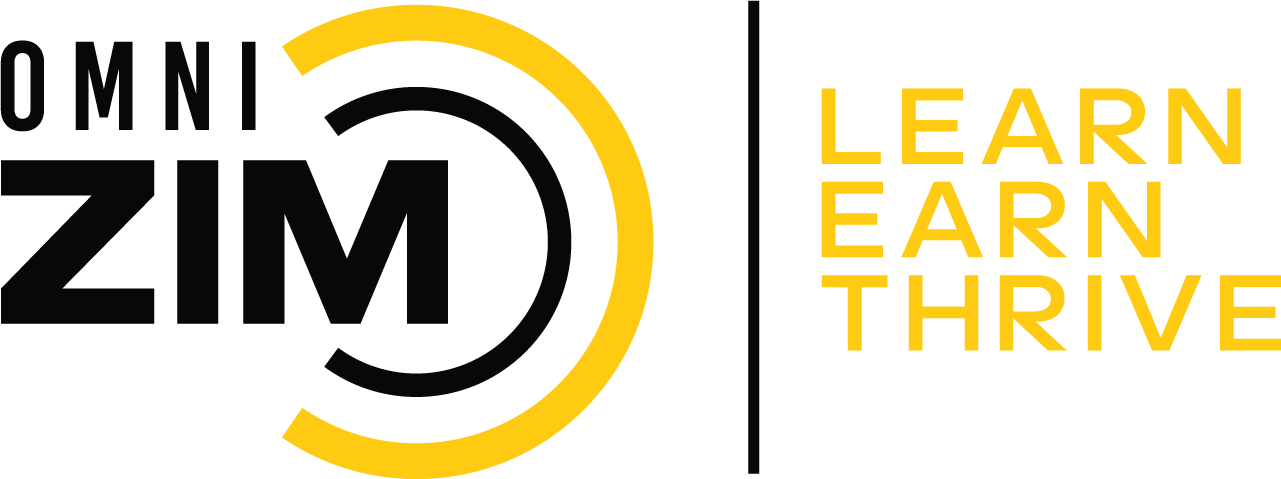
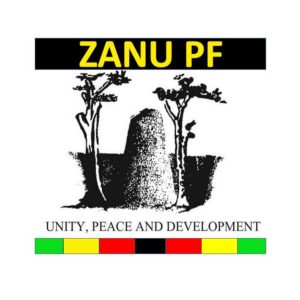
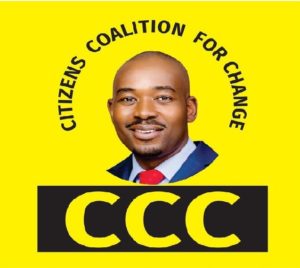
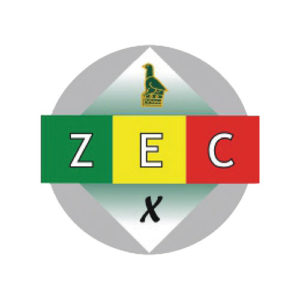
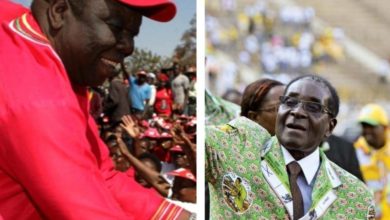
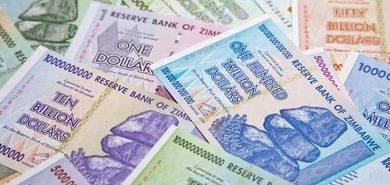
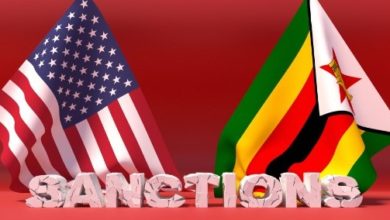
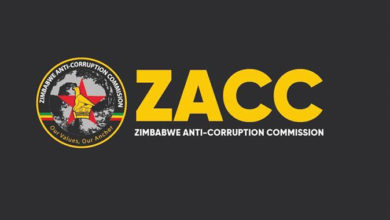
1xBet является очень популярных на рынке. 1xbet прямо Огромный выбор спортивных и киберспортивных событий, десятки открытых линий, высочайшие коэффициенты. Также, БК имеет обширный функционал и немногие дает возможность совершать ставки по специальным промокодам. Используя промокоды, вы можете получить настоящие деньги, не внося абсолютно никаких средств. Это реально! Узнать актуальный промокод вы можете сейчас же, однако использовать его необходимо в соответствии с правилами и инструкциями, которые приведены ниже.
Купить теплицу в рассрочку.